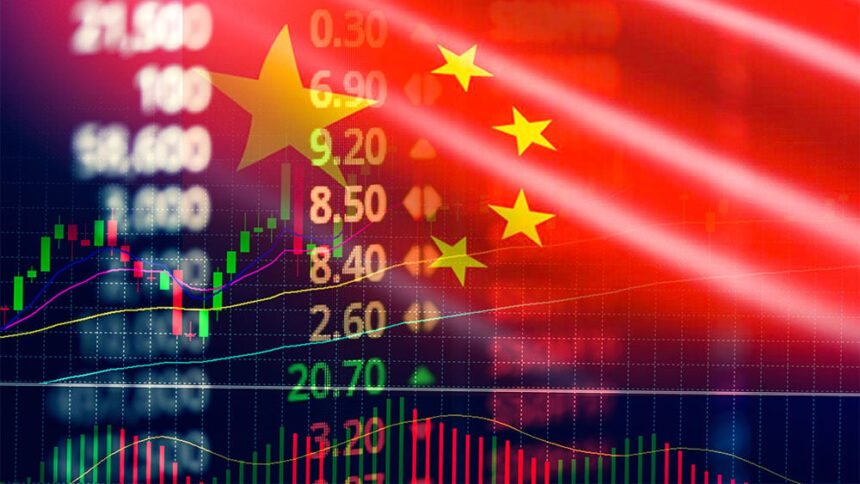Mainland China’s major stock exchanges, the Shanghai Stock Exchange (SSE), Shenzhen Stock Exchange (SZSE), and Beijing Stock Exchange (BSE), have jointly released their inaugural guidelines for listed companies to disclose sustainability-related information. This marks a significant stride in China’s commitment to fostering a sustainable economy and aligning with global environmental, social, and governance (ESG) trends.
The guidelines, introduced by the Beijing Stock Exchange, are designed to standardize the information disclosure of listed companies’ sustainable development. The aim is to guide these companies in embracing sustainability principles and promote their high-quality development.
According to the guidelines issued by SSE and SZSE, companies included in indices such as SSE 180, STAR 50, SZSE 100, and ChiNext, as well as those listed both domestically and internationally, are obligated to report sustainability information. In contrast, other listed companies are encouraged to voluntarily disclose sustainability reports.
BSE, primarily hosting small and medium-sized enterprises, encourages its listed companies to submit sustainability reports voluntarily rather than imposing mandatory reporting.
The guidelines advocate for a comprehensive analysis and disclosure of sustainability-related information in four core areas: governance, strategy, risk management, and metrics and targets. This framework aims to provide investors and stakeholders a thorough understanding of listed companies’ commitment to sustainable development.
Environmental Information Disclosure:
SSE and SZSE focus on key environmental topics, including biodiversity and the circular economy. They strengthen requirements for companies to disclose carbon emissions, covering aspects such as governance and strategies related to climate change, climate adaptation, transition plans, total greenhouse gas emissions, emission-reduction measures, and opportunities linked to carbon neutrality.
Supporting National Development Strategies:
Companies are required to disclose actions supporting China’s national development strategies, such as rural revitalization and innovation-driven development, in their sustainability reports.
Corporate Governance Information Disclosure:
Firms must disclose progress in anti-corruption, anti-bribery, and anti-unfair competition in the corporate governance information disclosure category.
Implementation Timeline and Reporting Requirements:
Listed companies subject to compulsory reporting are not required to release their sustainable development reports for the calendar year 2025 until April 30, 2026, providing a more relaxed timeline. The guidelines also encourage the disclosure of indirect carbon emissions in the value chain (Scope 3 emissions), which is not compulsory under the Hong Kong Exchanges and Clearing (HKEX) proposal.
Industry Response and Outlook:
Analysts suggest the guidelines are crucial for listed companies that have not yet reported on sustainability and ESG. While most constituents of major indices have already published CSR, ESG, or sustainability reports, the guidelines may impact a limited number of companies, necessitating enhancement or refinement in certain areas to meet the latest disclosure requirements.
These guidelines signify China’s commitment to economic sustainability, addressing climate change and environmental concerns, and keeping pace with global standards in ESG reporting.
News Source – scmp.com





